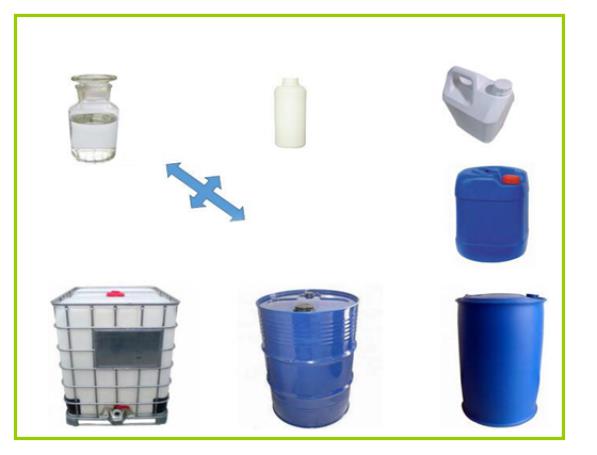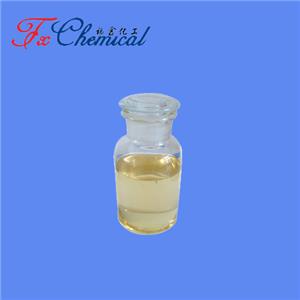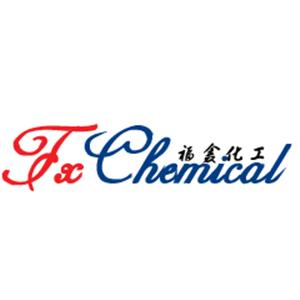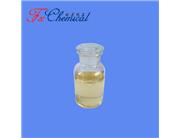Tall Oil Fatty Acid (TOFA) is a byproduct derived from the chemical processing of wood, particularly the pulping of pine trees. It is a mixture of fatty acids, primarily composed of oleic acid and linoleic acid, along with smaller amounts of other fatty acids and rosin acids.
Chemical Information:
Composition: Typically, TOFA contains about 40-60% oleic acid, 25-45% linoleic acid, and 5-10% rosin acids.
CAS Number: 61790-12-3
Appearance: Light yellow to amber-colored liquid.
Odor: Characteristic, slightly woody smell.
Solubility: Insoluble in water but soluble in organic solvents like alcohols and hydrocarbons.
Production:
TOFA is obtained during the Kraft process, which is a method of converting wood into wood pulp, the main component of paper. The tall oil, which is a byproduct of this process, is further refined to produce tall oil fatty acids.
Key Properties:
High Unsaturation: The high content of unsaturated fatty acids (oleic and linoleic acids) gives TOFA good reactivity in various chemical processes.
Acid Value: Typically ranges from 190 to 200 mg KOH/g.
Iodine Value: Reflects the degree of unsaturation, typically ranging from 125 to 145.
Applications:
Chemical Intermediates:
Dimer Acids: TOFA is used as a raw material to produce dimer acids, which are important in making polyamides and other polymers.
Alkyd Resins: It is a key ingredient in the production of alkyd resins used in coatings, paints, and varnishes, offering good adhesion, gloss, and flexibility.
Esters: TOFA is esterified to produce a variety of esters used as plasticizers, lubricants, and surfactants.
Soaps and Detergents:
Soap Production: TOFA is used in the manufacture of metal soaps, which are employed as driers in paints, lubricating grease thickeners, and as stabilizers in plastics.
Detergents: The fatty acids in TOFA are saponified to produce soap and detergent ingredients.
Rubber Industry:
Textile Industry:
Fuel Additives:
Corrosion Inhibitors:
Lubricants:
Base Oils and Additives: TOFA is used as a component in the formulation of lubricants, particularly in metalworking fluids and other industrial lubricants, due to its film-forming properties and resistance to oxidation.
Safety and Handling:
Handling Precautions: Generally considered safe to handle, but it is advisable to use personal protective equipment (PPE) such as gloves and goggles to avoid skin and eye contact.
Storage: Store in a cool, dry place away from sources of ignition. Keep containers tightly closed to prevent oxidation and contamination.
Environmental Impact:
Biodegradability: TOFA is biodegradable and is considered less harmful to the environment compared to synthetic chemicals.
Sustainability: As a byproduct of the wood pulping process, TOFA is a more sustainable alternative to petrochemical-derived fatty acids.
Tall Oil Fatty Acid is a versatile and renewable resource with a wide range of industrial applications, particularly valued for its chemical reactivity, biodegradability, and contribution to sustainable products.
Package

Shipping

Company information

Contact information


 China
China








